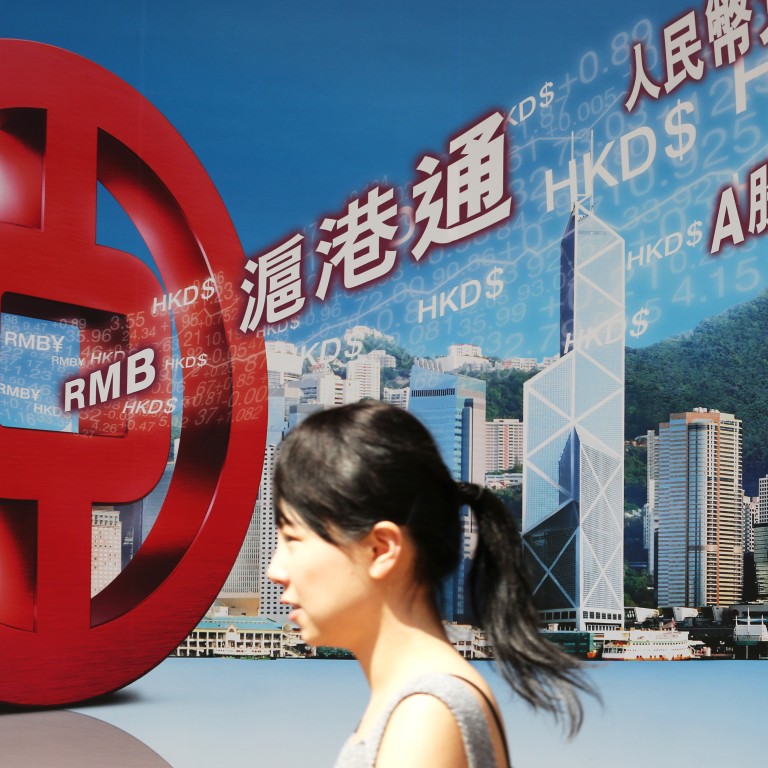
China faces global risk exposure, warn top economic thinkers
Top economic thinkers raise concerns over Beijing’s opening of the capital account amid growing instability in the world financial arena
A group of top economic thinkers are questioning the risks of opening up the mainland's capital account, saying the global financial arena has never been more unpredictable and that China's path to capital account liberalisation is far from clear.
"We are in completely uncharted territory," Andrew Sheng, a distinguished fellow at the Fung Global Institute and former chairman of the Hong Kong Securities and Futures Commission, yesterday said at the launch of the International Finance Forum's (IFF) first report on China's economy.
If China wants to plug into the global financial system, it needs to understand what kind of system it's plugging into
"If China wants to plug into the global financial system, it needs to understand what kind of system it's plugging into," Sheng said.
The uncharted territory Sheng pointed to was a landscape with soaring global leverage and record-low interest rates.
Since the onset of the global financial crisis in 2007, global debt has climbed by US$57 trillion to hit US$199 trillion at the end of last year, according to a report from McKinsey. Over that time period, the global debt to gross domestic product ratio jumped from 269 per cent to 286 per cent, financed by quantitative easing in the United States and interest rates falling to or below zero.
Opening China's capital account to the current build-up in global leverage held few advantages to China, Wang Tao, chief China economist at UBS, said at a roundtable discussion at the launch of the IFF report.
"The strategic opportunity has been lost," she said.
Regulators in China have been highly cautious on plugging into the system. The pace picked up late last year with the opening of a cross-border investment scheme between the stock exchanges in Shanghai and Hong Kong, the so-called "through train", that allows investors mutual access to stocks within a daily trading quota.
A similar scheme is planned for the Shenzhen Stock Exchange and the MSCI index could include mainland stocks as early as next month.
Speaking at the IFF report launch, Alexa Lam, the former deputy chief executive of the Securities and Futures Commission of Hong Kong, said regulators in Shanghai were in active discussions with their counterparts in New York and London on stock linkages, mainly as a channel for outgoing Chinese investment.
The worries go beyond China's widening exposure to global risk. In order to open further, regulators must also carefully sequence a long list of financial, fiscal and monetary reforms at home as they open to the world.
Several of the top economic thinkers at the roundtable yesterday cast doubt on China forging a clear path for the domestic reforms needed to usher in greater capital-account opening.
"It will be an intellectual muddling-through, without a clear roadmap," said Anita Fung, a director at the Hong Kong Stock Exchange and former HSBC Hong Kong chief executive.
Many economists believe that full interest-rate liberalisation should happen domestically before internationalisation of the yuan can progress swiftly. To do that, China's central bank will need to replace the current de facto benchmark deposit rates with another reference such as the seven-day repo rate.
Yet, highlighting the need for coordinated reforms, the banking regulator would also need to push through reforms - such as ditching the loan-deposit ratio - to quell high volatility in the interbank market before the seven-day repo rate could be used as a benchmark.
"There's a lot of top-level design but no top-level coordination between decision makers," Huang Yiping, a professor of economics at Peking University, said at the roundtable.
